
This is a dangerous situation for newborns, as they're born wet and cold, and it sometimes takes them hours to figure out how to start nursing. During this time, some newborn calves, donkeys, deer or other animals can freeze to death if they aren't cared for.
So when I stumbled upon this newborn baby donkey right before the storm hit, I knew I had to take action:
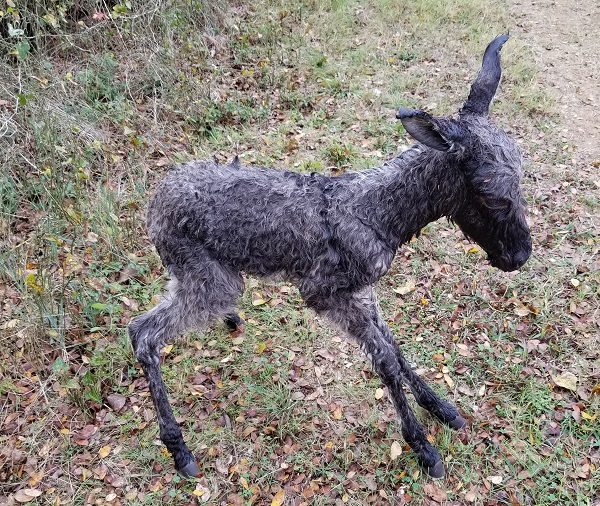
As expected, she could barely stand. I had to carry her a ways to help her bond with her mother:
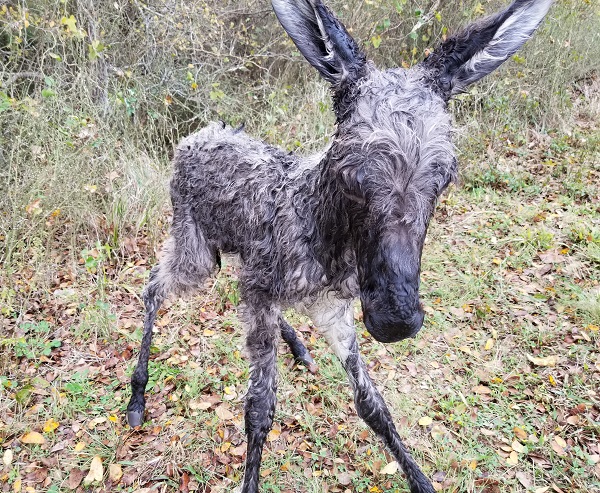
So how do you protect a wet baby donkey when a cold front is arriving? You purchase a doggy vest and work the donkey's front hooves through it, then zip up the back to create a warm coat:
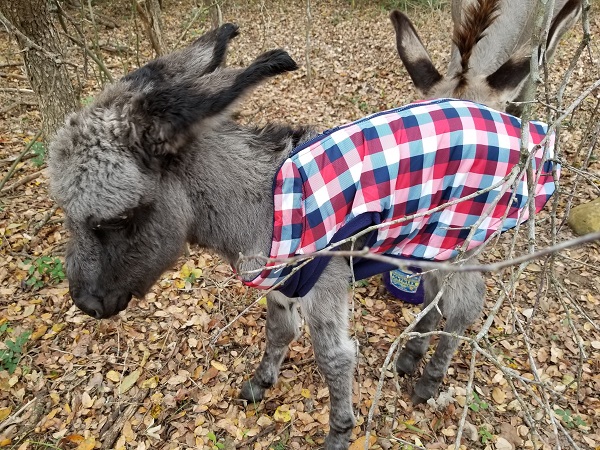
As you can see in these pictures, she's dry now, which means she has a lot more insulation from her own fur. The extra coat also helped her retain core temperature:
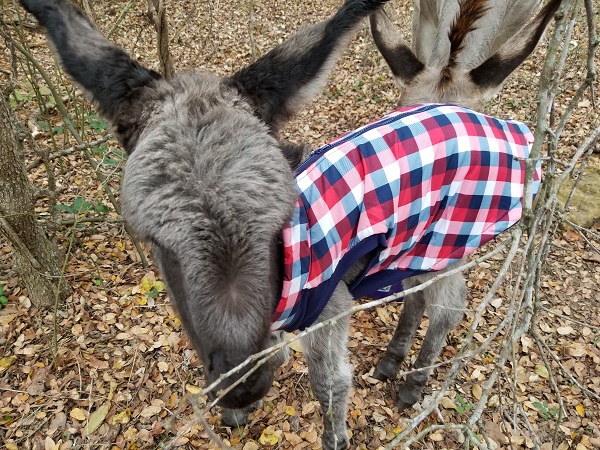
This one is very friendly and nuzzles right up to me. She likes to be hugged... at least until her momma shoves herself in the middle and says, "Don't touch my baby!"
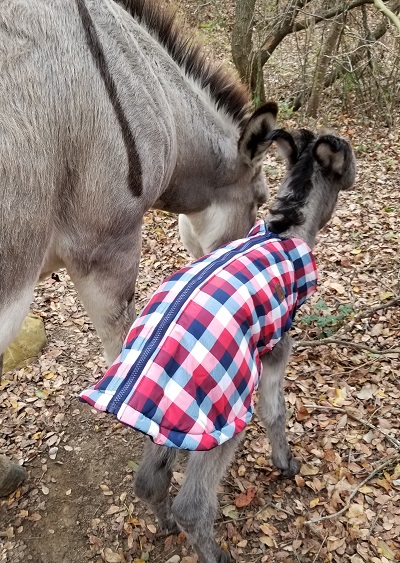
Notice the brown stripes down the side of the parent donkey? That's unique to this breed, which when viewed from above, appears to show a Biblical cross on their backs. That's why this breed is sometimes called "Jesus donkeys" (a fact I only learned a few years after I rescued a pair).
After the storm passed, I was able to remove the jacket, and now the baby is nursing and doing fine.
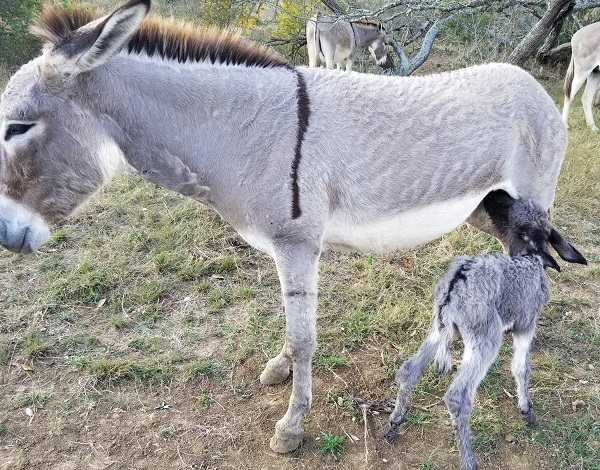
Welcome to life in rural Texas! When I'm not caring for animals, I'm also raising home-grown medicinal herbs, practicing self-defense shooting skills and working on my EMP-proof John Deere tractor.
https://vimeo.com/224785006
Here's another video where I demonstrate essential repair skills using nothing but baling wire:
https://vimeo.com/223637845
Life is sometimes hard in rural Texas, which is exactly why rurals Texans are so capable and determined. They can make it through almost anything. So can Texas donkeys, apparently...
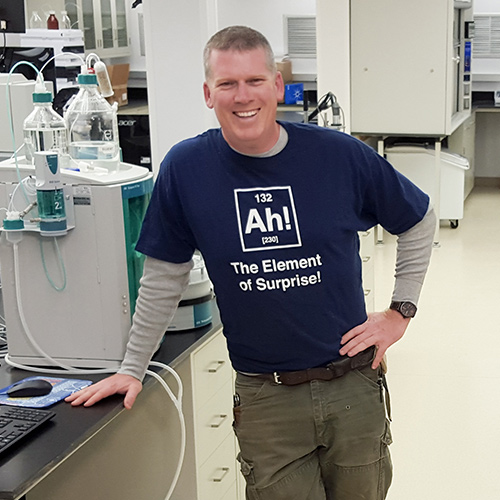
Mike Adams (aka the "Health Ranger") is the founding editor of NaturalNews.com, a best selling author (#1 best selling science book on Amazon.com called "Food Forensics"), an environmental scientist, a patent holder for a cesium radioactive isotope elimination invention, a multiple award winner for outstanding journalism, a science news publisher and influential commentator on topics ranging from science and medicine to culture and politics.
Mike Adams also serves as the lab science director of an internationally accredited (ISO 17025) analytical laboratory known as CWC Labs. There, he was awarded a Certificate of Excellence for achieving extremely high accuracy in the analysis of toxic elements in unknown water samples using ICP-MS instrumentation.
In his laboratory research, Adams has made numerous food safety breakthroughs such as revealing rice protein products imported from Asia to be contaminated with toxic heavy metals like lead, cadmium and tungsten. Adams was the first food science researcher to document high levels of tungsten in superfoods. He also discovered over 11 ppm lead in imported mangosteen powder, and led an industry-wide voluntary agreement to limit heavy metals in rice protein products.
Adams has also helped defend the rights of home gardeners and protect the medical freedom rights of parents. Adams is widely recognized to have made a remarkable global impact on issues like GMOs, vaccines, nutrition therapies, human consciousness.
Please contact us for more information.






















